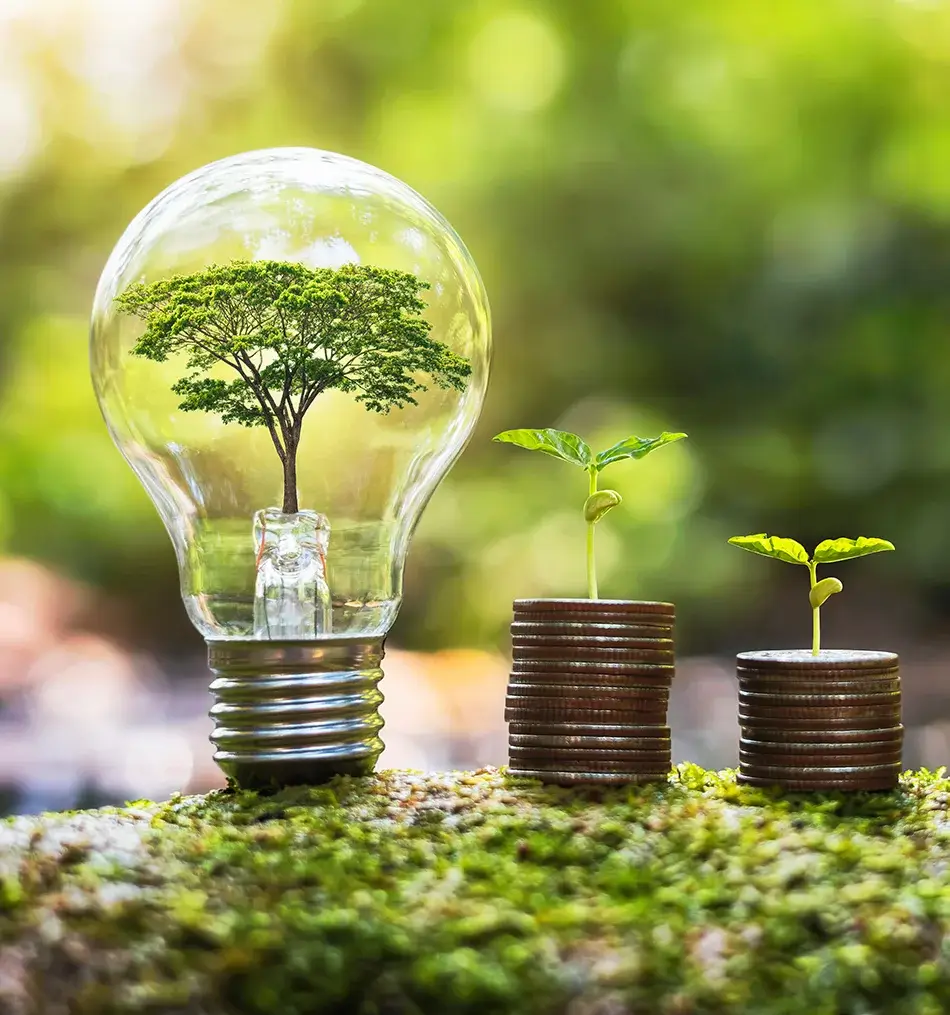Climate change is a global problem with effects that are not equitably distributed. The developing nations bear the greatest brunt of the effects of climate change, yet they are usually among those that contribute minimally to greenhouse gas emissions. Having an economic base that is fragile, natural resource-based, and with adaptive capacity low, these countries have unique vulnerabilities. Climate change perpetuates inequality through its vicious cycles by exacerbating poverty, threatening livelihoods, and hindering development.
Economic Fragility in the Face of Climate Disruption
Most underdeveloped nations rely on agriculture, forestry, and fisheries to provide a stable balance to their economies. These sectors are prone to climatic variables of temperature, rainfall, and extreme events. Long droughts, uncertain rainfalls, and increases in temperature disrupt crop cycles, which results in food supply shortages and increased prices. In places like sub-Saharan Africa, where subsistence farming is considered survival, even minor climate disruption has the potential to wreak havoc.
Fisheries are an important source for many coastal countries; it also happens to be one of the most vulnerable sectors. Ocean warming and acidification, alongside overfishing, have resulted in declining fish stocks, which endangered food security even further, along with employment. In countries for which agricultural or marine product exportation brings high foreign exchange earnings and maintains GDP levels, such disturbances mean great losses in these fields.
Escalating Costs Caused by Natural Disasters

Most underdeveloped nations are neither prepared to face natural calamities due to a lack of infrastructure nor the financial abilities to handle such disaster situations. The cyclones, floods, and hurricanes destroy homes, roads, and all critical infrastructures that cause economic setbacks from which it takes years to recover. For instance, the 2010 floods in Pakistan caused damages estimated at $9.7 billion that had overwhelmingly affected the economy, displacing millions.
Another existential threat regarding rising sea levels is that which affects low-lying nations and small island states. Coastal erosion and saltwater intrusion into freshwater systems place at risk not only livelihoods but also biodiversity. Whole communities may have to be relocated, hence creating climate refugees, besides straining those limited resources that are already worn out.
Health and Productivity of Labor Go Down
Changes in climate also bring impairments to public health, carrying direct economic penalties. An increased temperature helps in the proliferation of malaria and dengue fever vector-borne diseases, which are prevalent in tropical regions. Increased disease diminishes labor productivity and raises health care costs, a further drain on resources that could be spent on development programs.
Heatwaves also tend to depress labor productivity, particularly in outdoor intensive industries like construction and agriculture. Workers’ health is at risk, and their ability to work decreases substantially under extreme conditions; this means lower economic output.
Limited Adaptive Capacity
There are not enough resources for adaptation to climate change, probably the worst problem for the underdeveloped nations. Huge capital is required for building resilient infrastructure, which indeed is out of reach for most of those nations. Such heavy dependence on international aid to finance adaptation projects leads to delays and uncertainty about adaptation measures, hence leaving the population exposed.
Besides, such institutional weaknesses as bad governance and corruption are an obstacle to performing proper resource management. Lacking appropriate policy frameworks, the adaptation measures are likely to fail in reaching the poor.
Breaking the Cycle: Opportunities for Resilience
Yet, even against these odds, some pathways to resilience do exist, along with ways of mitigating some economic impacts of climate change.
Investing in Climate-Smart Agriculture
Approaches would involve crop diversification, drought-resistant seeds, and sustainable water management, which increase food security and stabilize agricultural outputs. Opportunities for local innovation and jobs are also created.
Strengthening Infrastructure
This will be achieved by investment in resilient infrastructure, including flood defenses, elevated roads, and climate-resistant housing that reduces vulnerability to natural disasters. Investments in renewable energy also diversify the economies while reducing dependence on fossil fuels.
Accessing Climate Finance

Global activities include the Green Climate Fund aimed at providing money to underprivileged nations for adaptation and mitigation of climate change. There is a great need to ensure the amount allocated is accessed on an equal basis, hence enabling such economies to be empowered in combating climate-related challenges.
Education and Community Engagement Climate change awareness and vulnerable impacts will be increased through enhanced adaptation in communities. Education for sustainable behavior and local solutions creates the knowledge and competencies that enable individuals to be proactive regarding resilience. Fostering International Collaboration The developed nations need to realizable commitment and contribution towards global climate change and pledge financial assistance, technology transfer, and capacity building for poor underdeveloped nations. Solutions that are more equitable and sustainable can be found together.
A Call to Action
Climate change has a very serious and far-reaching impact on the fragile economy of underdeveloped nations. It further threatens to increase inequity between nations by undermining gains in development and displacing millions of people. In light of these challenges, multi-pronged approaches have to be considered: one that combines local innovation, global solidarity, and firm resolve toward building resilience. While developing nations may be on the front lines of climate change, the responsibility to act lies with the global community. We can and must make sure that a fair adaptation approach goes hand in hand with the quest for a more equitable and resilient future for all citizens of the earth.




